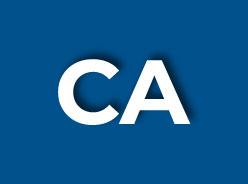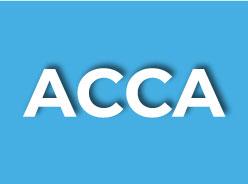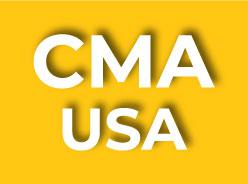Introduction
Choosing a career path after completing 12th grade is a crucial decision that can significantly impact a student's future. It can be an overwhelming and challenging task, and many students often make mistakes during this process. In this article, we will explore some common mistakes students make while choosing a career after 12th and provide valuable insights on how to avoid them.
Ignoring Personal Interests and Passions
One of the most common mistakes students make is disregarding their personal interests and passions while choosing a career path. Many students are influenced by external factors or societal expectations, leading them to pursue fields that do not align with their true passions. It is essential for students to introspect and identify their interests to ensure a fulfilling and satisfying career.
Influence of Peer Pressure
Peer pressure can significantly impact a student's decision-making process. Students often feel compelled to choose careers that their friends or peers are opting for, even if it doesn't resonate with their interests or abilities. It is crucial for students to remember that everyone's journey is unique, and they should focus on their individual strengths and aspirations.
Parental Expectations
Parents play a significant role in a student's career decision, and sometimes their expectations may overshadow the student's desires. Students should have open and honest conversations with their parents about their career aspirations, allowing for better understanding and support.
Overlooking Aptitude and Skills
Ignoring one's aptitude and skills is another common mistake made by students. Each individual possesses different talents and abilities, and aligning these with a suitable career path can lead to success and satisfaction.
Relying Solely on Market Trends
Following market trends blindly can be a risky move. While it's essential to be aware of the job market, basing a career choice solely on current trends may lead to disappointment in the long run. Students should strike a balance between their interests and the demands of the job market.
Underestimating Research and Planning
Insufficient research and planning can hinder a student's ability to make an informed decision. Thoroughly researching different career options and creating a well-structured plan can lead to better choices.
Neglecting Future Job Prospects
A myopic focus on immediate job prospects can be a mistake. Students should consider the future potential of their chosen career path and its opportunities for growth and advancement.
Pursuing a Career for Prestige or Money
Choosing a career solely for prestige or financial gain without considering personal interest and passion may lead to dissatisfaction and burnout. It is crucial to strike a balance between personal fulfilment and career prospects.
Lack of Guidance and Counseling
Lack of proper guidance and counselling during the decision-making process can leave students feeling lost and confused. Seeking advice from career counsellors and professionals can provide valuable insights and direction.
Following the Crowd
Many students opt for popular career choices without evaluating their own inclinations. It's essential to make an individualized decision rather than following the crowd.
Disregarding the Importance of Internships
Internships offer practical experience and exposure to potential career fields. Neglecting the significance of internships can result in a lack of real-world knowledge.
Ignoring Non-Traditional Career Options
Some students overlook non-traditional career paths that may be more aligned with their interests and talents. Exploring diverse options can lead to unique and rewarding career choices.
Choosing a Career for Short-Term Goals
Focusing solely on short-term goals can prevent students from seeing the bigger picture. Students should consider their long-term career aspirations and how they align with their personal values.
Not Considering Personal Values
Ignoring personal values while making career choices can lead to feelings of emptiness and discontentment. It is vital for students to assess whether their chosen career aligns with their ethical and moral beliefs.
Hesitation in Seeking Help
Some students hesitate to seek help and advice from mentors, teachers, or professionals. Embracing assistance can provide valuable insights and broaden their perspectives.
Conclusion
Choosing a career after 12th grade is a significant milestone in a student's life. Avoiding common mistakes can lead to a fulfilling and successful career. By considering personal interests, skills, and passions, seeking guidance, and conducting thorough research, students can make informed decisions that align with their aspirations and lead to a bright future.

 ABOUT LAKSHYA
ABOUT LAKSHYA  WHY CHOOSE LAKSHYA
WHY CHOOSE LAKSHYA  MISSION AND VISION
MISSION AND VISION  CHARTERED ACCOUNTANCY (CA)
CHARTERED ACCOUNTANCY (CA)  ACCA
ACCA  CMA-USA
CMA-USA  RESULTS
RESULTS 


